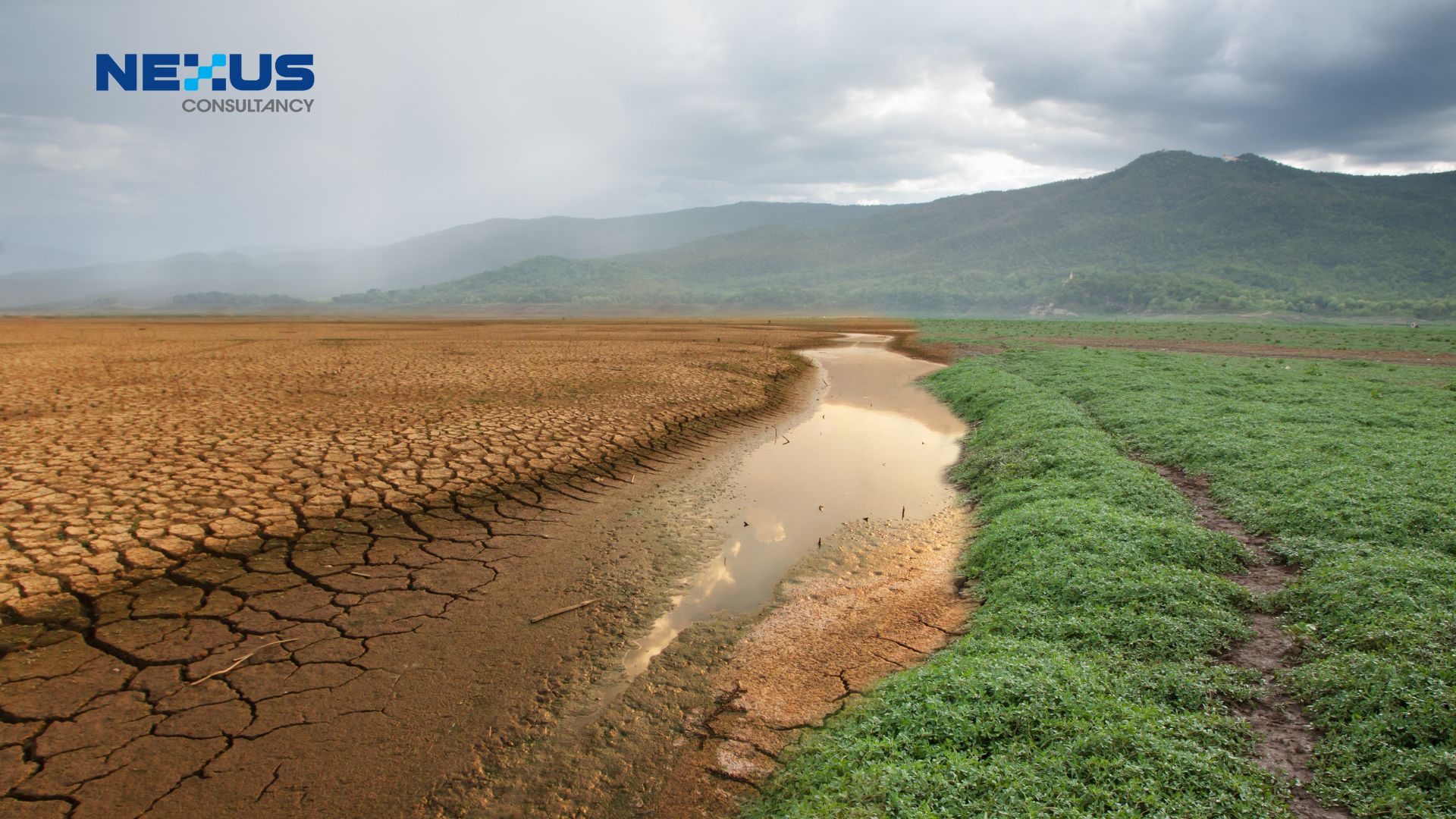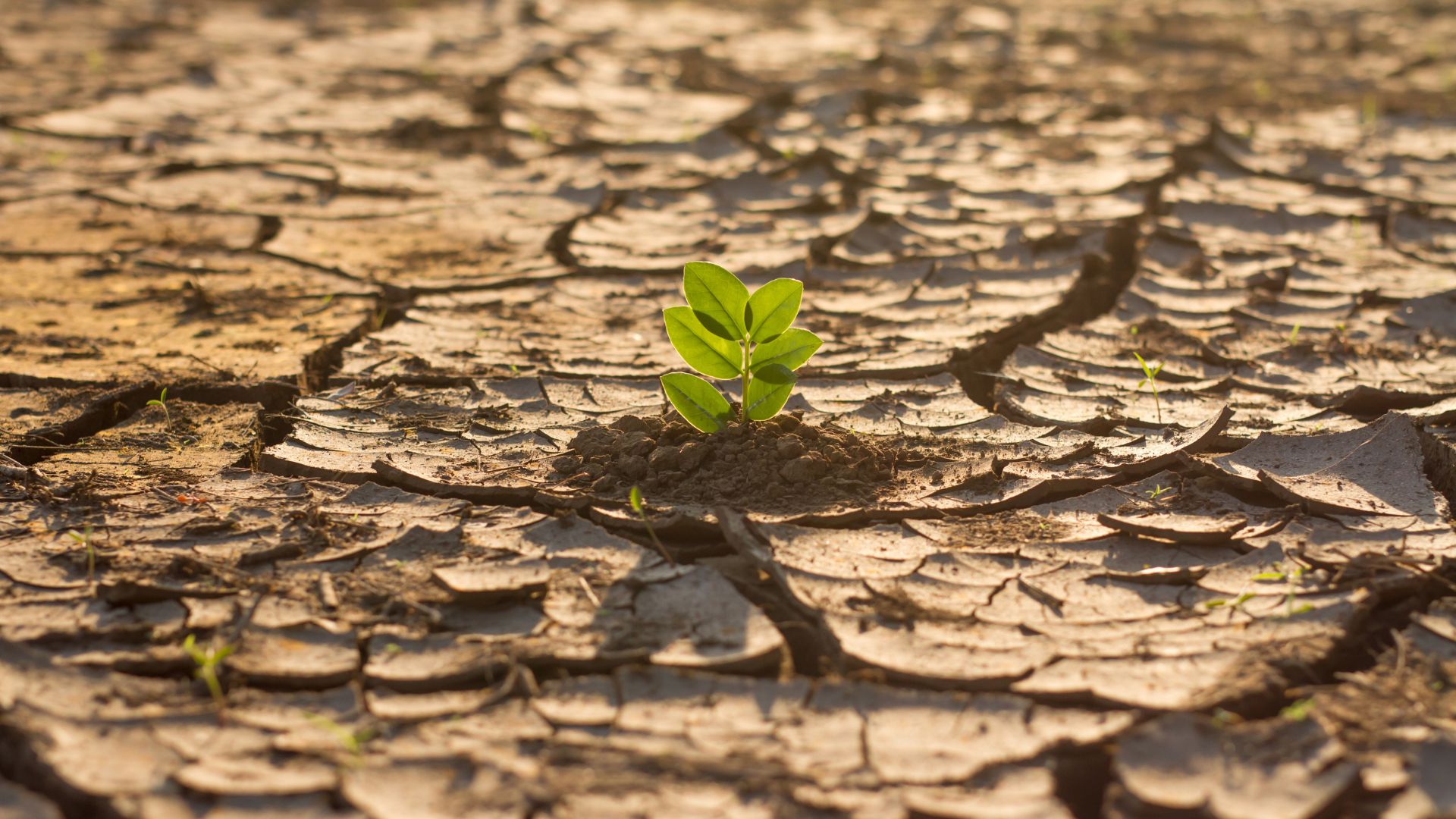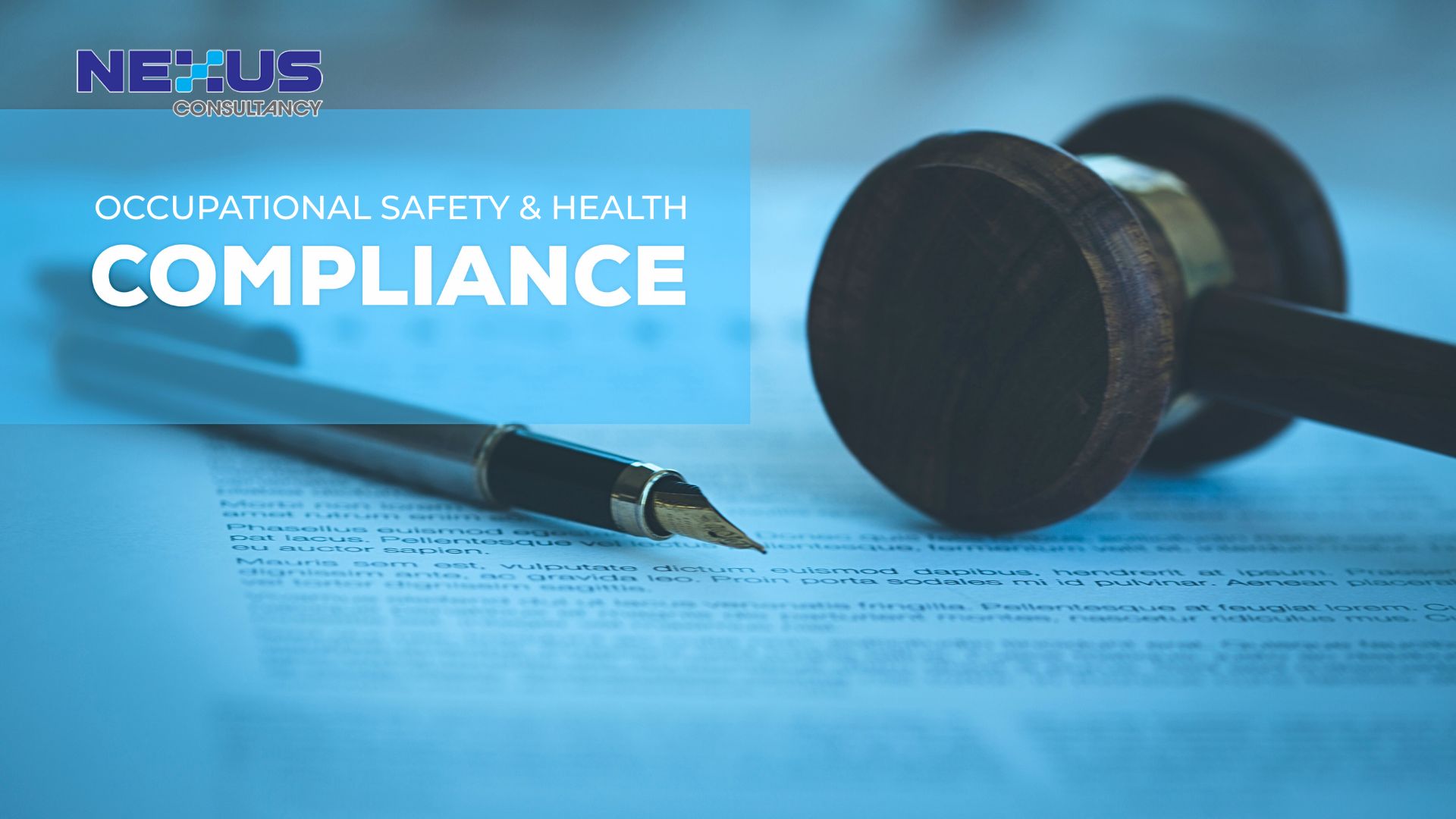
Danielle Tan
Chief Operating Officer
Demystify climate change: understand its impact, causes, and solutions in a simple, actionable guide. Start making a difference today

What is Climate Change?
Human activity is driving up global temperatures, leading to more frequent and severe heatwaves and rising sea levels. Scientists warn that without urgent action, the situation will deteriorate further in the coming decades. However, they also emphasize that immediate measures can mitigate the most severe consequences of climate change.
Climate change refers to the prolonged alteration in Earth’s average temperatures and weather patterns. Over the past decade, the planet has been approximately 1.2 degrees Celsius warmer than in the late 19th century. Recent data confirms that global warming surpassed 1.5 degrees Celsius between February 2023 and January 2024, following 2023’s record-breaking warmth.
Human activities, particularly the widespread use of fossil fuels like coal, oil, and gas, are primarily responsible for driving climate change. When these fuels are burned, they release greenhouse gases, primarily carbon dioxide (CO2), which trap heat in the Earth’s atmosphere, leading to a rise in temperatures. Since the Industrial Revolution, CO2 levels have increased by about 50%.
Effects of Climate Change
The impacts of climate change are becoming increasingly visible, marked by more frequent and severe extreme weather events. Hurricanes, droughts, and heatwaves are wreaking havoc on communities worldwide, causing widespread damage and disruption.
Additionally, climate change is accelerating the melting of glaciers and ice sheets, leading to rising sea levels. Coastal areas are particularly vulnerable to flooding and erosion, posing threats to homes, infrastructure, and ecosystems.
Furthermore, our oceans are warming rapidly, affecting marine life and ecosystems. Coral reefs are bleaching, fish populations are shifting, and ocean currents are changing, with repercussions for fisheries and coastal communities.
These environmental changes are disrupting ecosystems and biodiversity, affecting the balance of ecosystems and the species that depend on them.
Moreover, climate change is exacerbating food insecurity and health risks. Droughts and heatwaves are damaging crops, leading to food shortages and price increases. Extreme heat events also pose health risks, particularly for vulnerable populations.

What are Governments Doing about Climate Change?
Limiting global temperature rise to 1.5 degrees Celsius is critical to minimizing the severity of climate change impacts. Beyond this threshold, the consequences become increasingly dire, including more extreme weather events, higher sea levels, and widespread loss of biodiversity. Moreover, crossing certain tipping points could lead to irreversible changes, such as the collapse of major ice sheets.
Efforts to address climate change require coordinated action at the international level. The Paris Agreement, signed by nearly 200 countries in 2015, aims to limit global warming to well below 2 degrees Celsius, with efforts to limit it to 1.5 degrees Celsius. Countries have committed to achieving “net zero” CO2 emissions by 2050, meaning that any remaining emissions must be offset by removal from the atmosphere.
Your Role in Fighting Climate Change
While governments play a crucial role in addressing climate change, individuals can also contribute by reducing their carbon footprint. This includes actions such as reducing energy consumption, transitioning to renewable energy sources, minimizing air travel, and adopting sustainable diets.

Conclusion
Efforts to combat climate change must be comprehensive, involving actions at all levels of society, from individual choices to international agreements. Only through collective efforts can we mitigate the worst impacts of climate change and ensure a sustainable future for generations to come.
Reference:
- https://www.bbc.com/news/science-environment-24021772
Curious to learn more about Climate change and how to begin? Get in touch with us now for more information.






